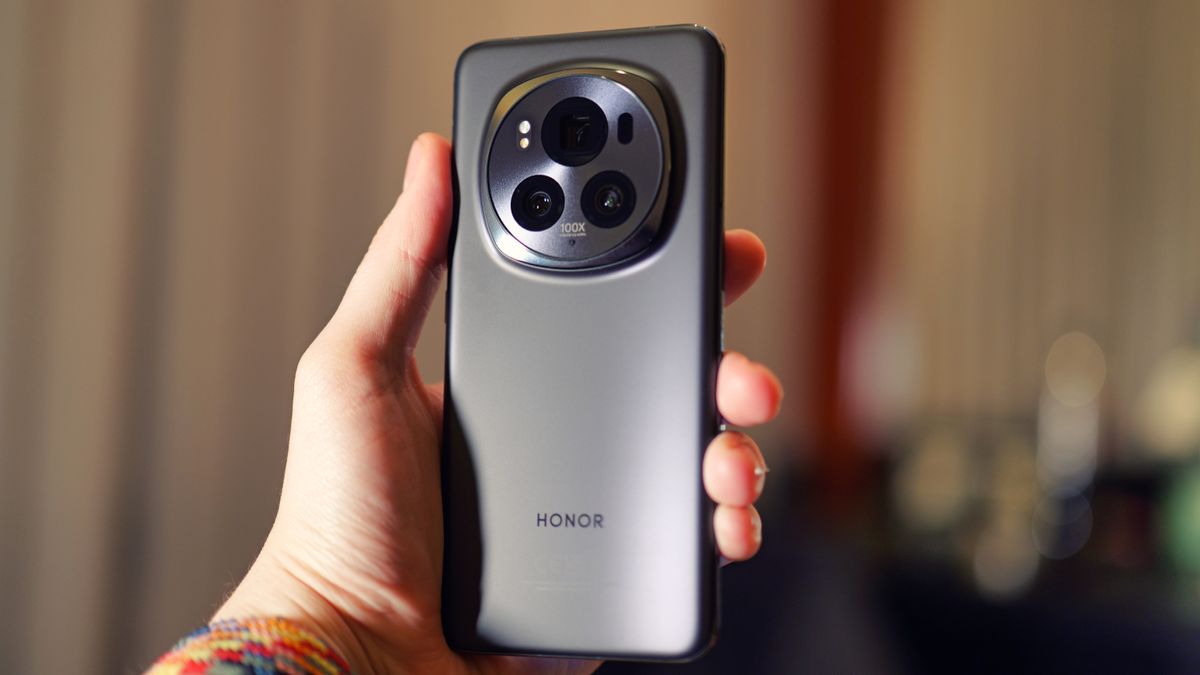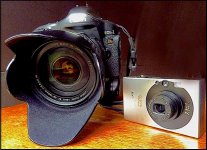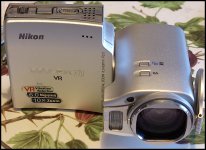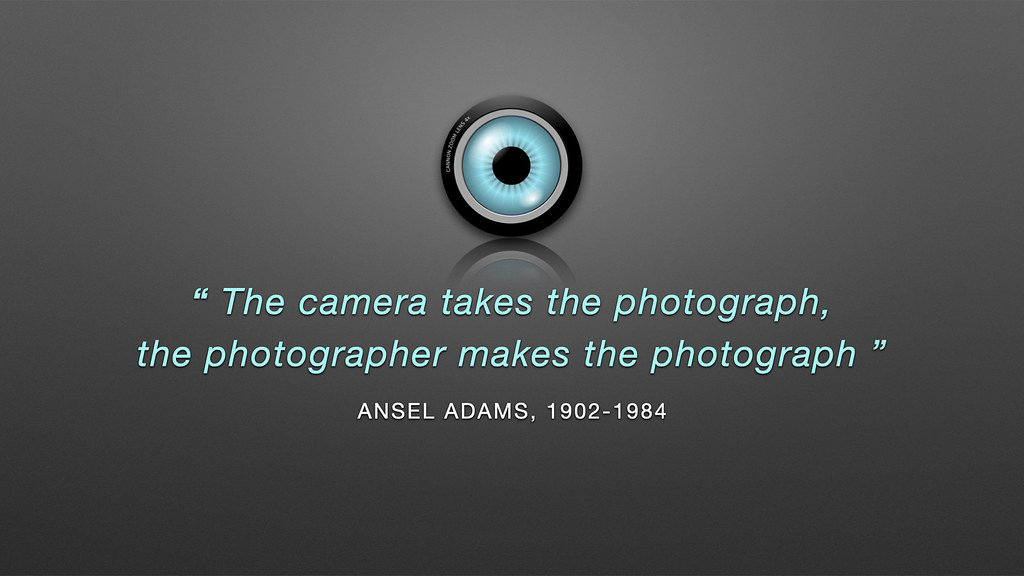- Messages
- 2,150
- Name
- Steve, Coventry, England
- Edit My Images
- Yes
I have tried to take photos with a phone, only really useful thing was photo-spheres, but now the software doesn't work on later versions of Android.
For normal photographs, my hand always seems to go across the lens, or I press buttons on the side trying to hold it, or I press the screen to take a photo and nothing happens, by the time it does, either what I wanted to take a photo of has moved, or I have turned the phone to try and see what is happening, or I nearly drop it performing the contortions needed to use it, or I can't see the screen in the sun.
And then a 10+ year old 12MP camera takes better quality photos then the latest iphone!!
A camera is designed for taking photos, a phone is not. Yet
For normal photographs, my hand always seems to go across the lens, or I press buttons on the side trying to hold it, or I press the screen to take a photo and nothing happens, by the time it does, either what I wanted to take a photo of has moved, or I have turned the phone to try and see what is happening, or I nearly drop it performing the contortions needed to use it, or I can't see the screen in the sun.
And then a 10+ year old 12MP camera takes better quality photos then the latest iphone!!
A camera is designed for taking photos, a phone is not. Yet








